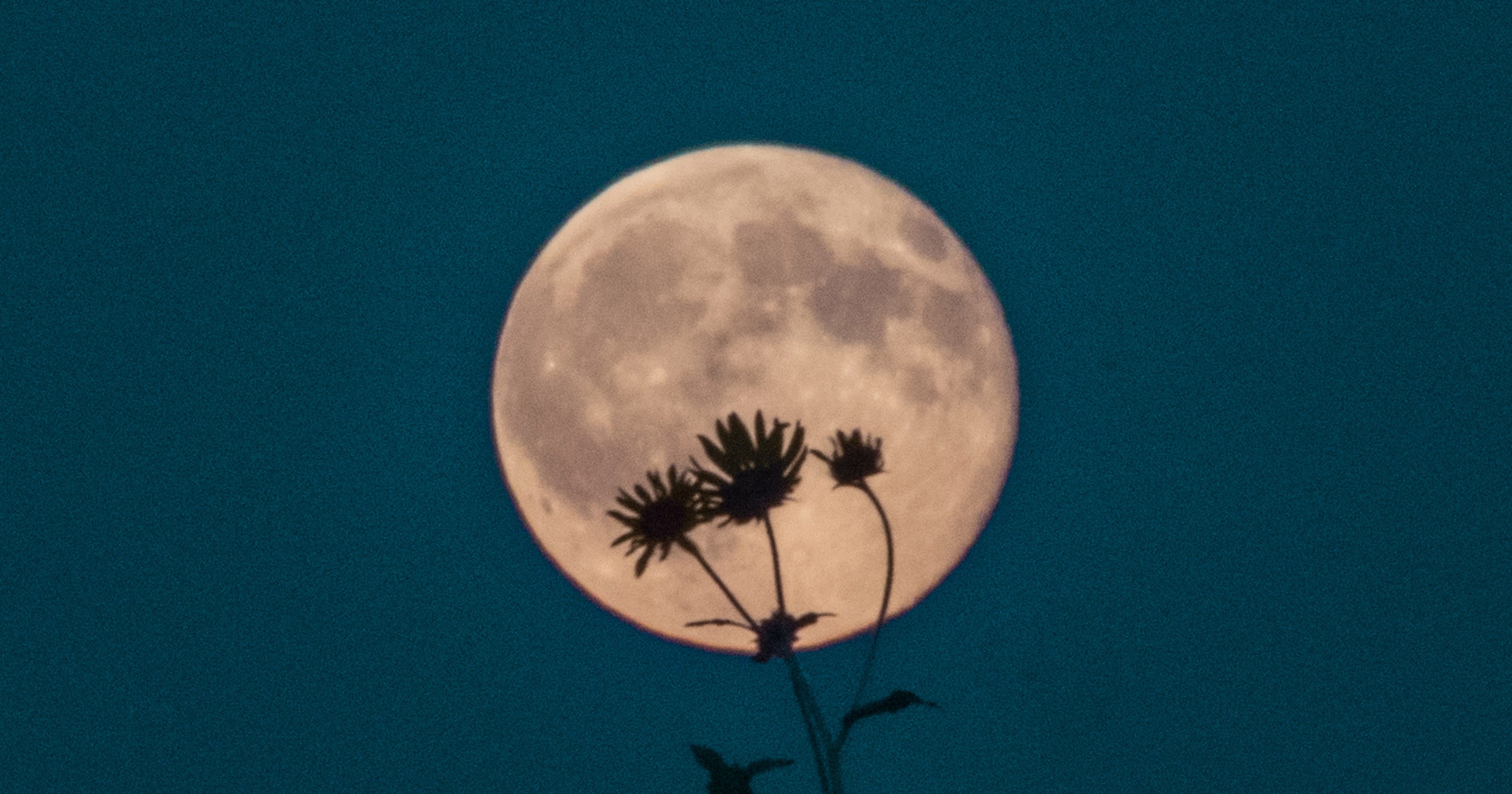Down an unassuming stone flight of stairs, a world away from the buzzy U Street corridor in the nation’s capital, an ancient spirit received its due last year.
At her subterranean pop-up cocktail bar Casa Kantuta, Bolivian native Carla Sanchez poured singani — a liquor from her home country that is slowly gaining traction in the U.S. Its peripatetic, (literal) Hollywood journey has brought the elixir from the high Andes mountains to the U.S., and direct to Sanchez’s popular underground bar that she runs with her brother (though now closed, Casa Kantuta plans to reopen elsewhere in the future). The sibling duo served singani to the D.C. area’s Bolivian diaspora, spirit fanatics, and those interested in a shot of history with their craft cocktail.
Singani — Bolivia’s national drink — is a type of brandy, or distilled grape spirit running about 80-proof. This makes singani a relative of pisco (just don’t say that too loudly near a group of Bolivians). Singani has a pretty strict set of rules: It can only be made from the sweet white grape muscat of Alexandria, an ancient vine that flourishes at elevations above 5,200 feet.
It was here, high in the Bolivian Andes, where the singani story begins more than five centuries ago. First distilled by Spanish colonial settlers in the 16th century, they brought over their viniferous traditions to South America. Today, singani is finally making bar inroads across the U.S.
“I hope singani becomes a must-have at more bars in the city. Like any new spirit, it takes time to gain popularity, but momentum is building, and I’m here to make sure it keeps growing,” says Sanchez. Her wish is coming to fruition. Providencia on H Street NE, Eater DC’s 2024 Bar of the Year, currently pours a Nube Morada — a cocktail of royal-purple hues derived from taro root, shaken with singani and aquafaba to turn frothy.
Downtown LA’s Parisian-styled salon the Wolves is also a singani proselytizer. “Many people still haven’t heard of [singani],” says beverage director Isaac Mejia. “Not only is it a rich representation of Bolivia’s culture and history, but I believe it represents the next evolution in cocktails. People are thirsty for something new, fresh and exciting. Singani is definitely not new, [but] fairly new to the consumers.”
:no_upscale()/cdn.vox-cdn.com/uploads/chorus_asset/file/25987144/Bottle_FRONT_2017_label_Afshin_Chamasmany.jpeg)
Five hundred years after it first appeared, singani remains deeply embedded in Bolivian culture and traditions. Fourth-generation singani producer Luis Pablo Granier of the Casa Real brand says that the spirit’s altitudinous terroir gives singani its distinct floral, aromatic profile.
“Imagine a spirit with the floral elegance of gin, the smoothness of vodka, and the character of brandy, yet entirely unique due to its expressiveness,” he notes.
His family has produced singani since 1925, and Casa Real is now the largest producer in the country. Recently, Casa Real found success in expanding its footprint in the U.S. in a revolutionary Hollywood fashion.
While shooting the film Che in Bolivia, soon after his early 2000s hits like Ocean’s Eleven and Traffic came out, Oscar-winning director Steven Soderbergh first tasted singani — and fell in love. A bottle of Casa Real’s Black Label landed in his hands, and Soderbergh was hooked. He sought a partnership to import and never looked back, founding his own label, Singani 63.
:no_upscale()/cdn.vox-cdn.com/uploads/chorus_asset/file/25987195/image3.jpeg)
According to Soderbergh’s daughter, Sarah, who runs Singani 63 operations, “navigating bringing this new spirit to the U.S. is not for the faint of heart.” It took Soderbergh six years to wind through government regulations to get import approval — and went on to spend an additional eight long years applying for and then receiving a TTB designation that recognized Bolivian singani as a unique and specific type of brandy that’s separate from generic or other types of brandy. He achieved the milestone just in 2023. (Bolivia recognized bourbon whiskey and Tennessee whiskey as distinctive products of the U.S. in a bit of culinary-diplomatic quid pro quo.)
“But it worked — singani is now its own spirit category. What can I say? Singani’s worth it,” says the younger Soderbergh, whose dad released American spy thriller Black Bag this spring (and was unavailable for comment).
“Singani is a unique spirit in a variety of ways,” she says. “It works independently or it works with a team. Neat or on the rocks is usually the best way to start out, because you experience the full spectrum.” Singani works with Casa Real to distill its spirits sold in the U.S. “You can tell how the specific terroir and distillation process bring out the more delicate notes like orange blossom and white pepper,” says Soderbergh.
:no_upscale()/cdn.vox-cdn.com/uploads/chorus_asset/file/25987199/image1.jpeg)
In Bolivia, singani tipplers often keep it simple. The most popular way to say “salud” with singani is the beloved, popular Chuflay cocktail: a shot of singani over ice with ginger ale in a highball, plus a slice of lemon. “It’s simple, refreshing, and easy,” says Sanchez.
In the states, more mixologists are spreading their creative wings.
“One of my favorites at Casa Kantuta is El Tio, a bold, singani-based cocktail similar to a Negroni,” says Sanchez.
The Wolves’ Let them Talk cocktail features mushroom, lavender, celery, cream sherry, and fresh lemon. “I describe this to customers as it will take you on a flavorful rollercoaster,” says Mejia.
Miami is also a hot spot slinging singani. “The roots, method, and distinctive process to create singani makes a wonderful, one of a kind tasting experience,” says Bar Kaiju’s head bartender Joe Canton.
There, he crafts a cocktail called Muki. Named after a Bolivian kaiju (the Japanese term for monster) folklore, “Muki utilizes the natural tannin and sophisticated tasting notes of singani while infusing it with edible clays,” he says. He then adds a porcini mushroom-infused sweet vermouth, rhubarb amaro, house-made coffee bitters, and a mushroom cacao dust to garnish the glass.
For Canton, singani represents “the flavor of Bolivia, the work of the terroir and soil, and soul of the country.”
:no_upscale()/cdn.vox-cdn.com/uploads/chorus_asset/file/25987052/STEVENSODERBERGH042.jpeg)





![9th May: The Diplomat (2025), 2hr 12m [TV-MA] (7/10)](https://occ-0-953-999.1.nflxso.net/dnm/api/v6/Qs00mKCpRvrkl3HZAN5KwEL1kpE/AAAABVTes1VoAk1BIY7qF1zNSNbYcLpBS6Co6mCiCHnXTQahBrrGS3RBJydulGLr6jnR_Werhane_2j9am0uZva6a4jjp3JbiS932C4wk1Gx5u9KTNWNaT10bTBUKMnraXlw6oM6z11QN9sWh8wPSjrqsVtESGAIMauHAK6dgNPfo4-Sbg.jpg?r=90c)










